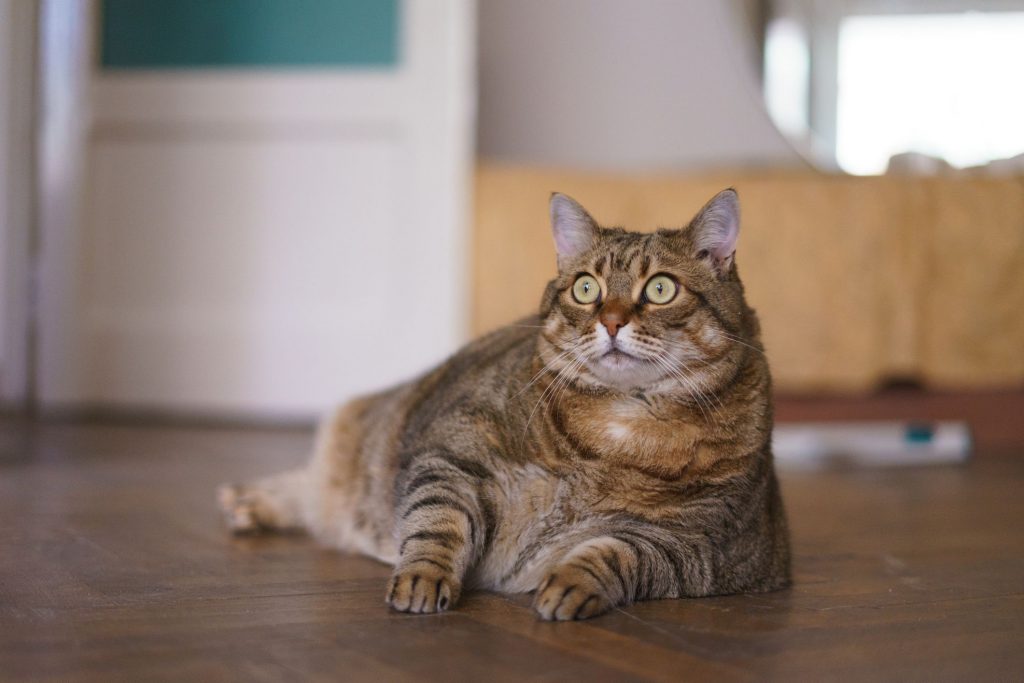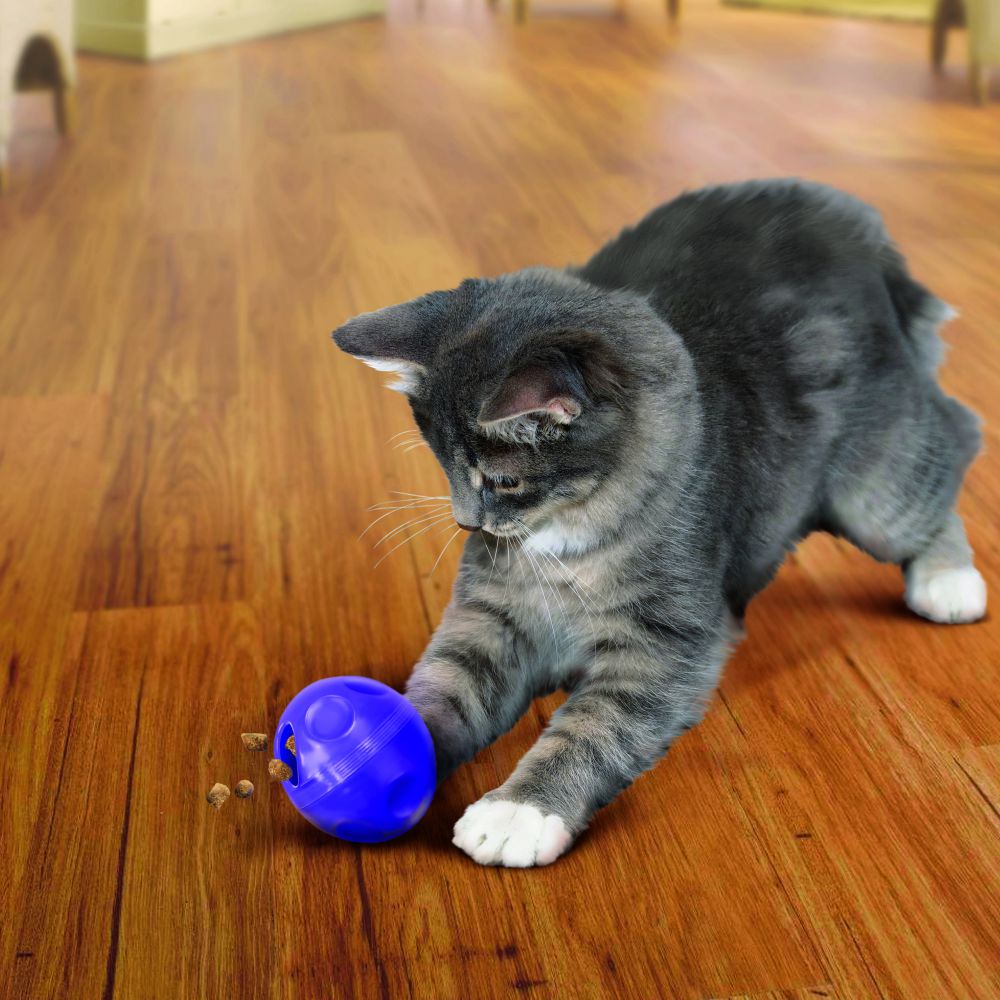Did you know that obesity is the most common nutritional disorder seen in domestic cats? Many of us don’t even realise that our pet has become overweight as it often takes place gradually over time, yet we know that in some countries up to 40% of all adult cats are obese.
As much as we love to spoil our cats with a few extra biscuits in the morning or it can be tempting to give into their hungry yowls in the afternoon, the excess weight can have serious and detrimental effects on the health. Obese cats have an increased risk of diabetes, heart disease, many types of cancer, arthritis and degeneration of joints, urinary problems and stones to name a few.
Not only does carrying excess weight have a negative impact on your cats general health, happiness and overall quality of life, it can also significantly shorten their life expectancy compared to a healthy-weight cat.
WHAT CAUSES WEIGHT GAIN?
Weight gain is the result of an increase in body fat. This is usually caused by an imbalance between the energy your cat is consuming and the energy your cat is using. Overfeeding, a decrease in exercise, high calorie foods and frequent treats or extras are often contributing factors. Other factors can include age, desexing status and medical conditions.
SO WHAT CAN I DO?
Accepting that there is a problem and committing to getting your pet back to a healthy weight is step one. To understand your pets current condition, their goal weight and how to get there, we recommend booking an appointment with your vet. Weight loss should be gradual and steady in order to be safe. Once you know your pet’s goal weight, there are a number of methods you can implement to help them get there.
- DIET – Proper nutrition plays a very important role in treating an overweight cat. There are scientifically formulated diets to help with healthy and safe weight reduction in cats such as Hills Metabolic and Royal Canin Satiety, you can speak to your vet about the best weight management diet for your pet. Use the correct feeding guide and measure out your pets daily meals with scales or a measuring cup. Make sure to account for any treats, dental chews etc. in their total daily feed.
- EXERCISE & ACTIVITIES – Promoting regular exercise will not only assist you in decreasing your pets weight, it will also increase their overall happiness and quality of life. Promoting regular exercise for cats means providing ample opportunity for them to climb and play. Utilising cat trees and scratching posts can help to get them climbing and toys like laser pointers and teasers can encourage the use of their natural hunting instincts.
- WEIGH INS – Regular weight checks will let you know whether you’re on the right path, allow you to adjust feeding amounts and also help to keep you motivated by showing you how far you and your pet have come. Give us a call to find a time to come and use our cat scales.
- TIPS AND TRICKS – Move your pets food bowls further away from where they tend to spend their time to encourage them to get moving when they want to go to eat/drink. Rather than letting your cat inhale their biscuits straight from a bowl, disperse their food over a large area or use a treat ball to make them work for it! Swap your cats regular treats for weight loss friendly treats like Hills Feline Metabolic Treats and don’t feed more than the recommended daily limit.


